Calcium Deposits On Baby Teeth
Calcium deposits on baby teeth. Calcium can be hard to remove from your body which can cause health problems including bacteria and tooth decay. These adhere to our teeth and form plaque which when it hardens forms tartar or calculus. These adhere to our teeth and form plaque which.
Baking soda can be used to remove dental calculus at home. Immobility Prevent Calcium Deposits By Dental Care. Baby teeth have a thinner protective layer of enamel so plaque can do its dirty work even faster source.
Your dentist might whiten the teeth to remove calcium deposits by concealing the discoloration. Calcium deposits may refer to differences in the enamel layer on your teeth as they developed early on in life or may refer to the plaque and tartar we can get on our teeth over days and weeks. Dental fluorosis occurs when people ingest too much fluoride as children.
How to get rid of hard calcium deposits on teeth. Calcium deposits also known as calcinosis are hardened deposits of calcium that are lodged in fatty tissue or muscles. Calcium deposits can be avoided by brushing and flossing teeth regularly.
A calcium deposit occurs when the calcium phosphate in your saliva sticks to the plaque on your teeth. Excess Fluoride which first appear as dull white bands on the smooth surface of the tooth It becomes porous and fragile The appearance of a chalky white spot on a tooth is the earliest sign of a carious lesion While the red arrow indicates a cavity. Oil pulling can be done at home.
In addition to causing your teeth to become discolored these deposits can also cause them to become weak and prone to cavities. You can even experience calcium deposits on teeth. A 38-year-old member asked.
Calcium deposits on teeth in children. Dentistry 43 years experience.
According to the Myositis Foundation calcium deposits affect 30 percent of children who have juvenile dermatomyositis JDM a rare condition characterized by.
Dental fluorosis and calcium deposits. While its true that those teeth will eventually be replaced by permanent teeth plaque-infested baby teeth can cause little ones a lot of discomfort. In addition to causing your teeth to become discolored these deposits can also cause them to become weak and prone to cavities. Calcium deposits on teeth in children. Calcium deposits are caused by saliva so pay attention if your childs tooth discoloration is happening near the internal part of the lower. A 38-year-old member asked. Deposition of calcium on teeth starts in the developmental stage when the teeth enamel absorbs more calcium giving rise to white patches. Calcium deposits on the other hand develop in adulthood. Your dentist might whiten the teeth to remove calcium deposits by concealing the discoloration.
Calcium deposits may refer to differences in the enamel layer on your teeth as they developed early on in life or may refer to the plaque and tartar we can get on our teeth over days and weeks. There are various methods by which a dentist can get rid of the calcium deposits from your teeth. Enamel is the outer surface of the teeth. If you use a toothbrush you should be able to scrub the mixture smoothly on your teeth. Calcium deposits on teeth in children. Calcium deposits may refer to differences in the enamel layer on your teeth as they developed early on in life or may refer to the plaque and tartar we can get on our teeth over days and weeks. Oil pulling can be done at home.
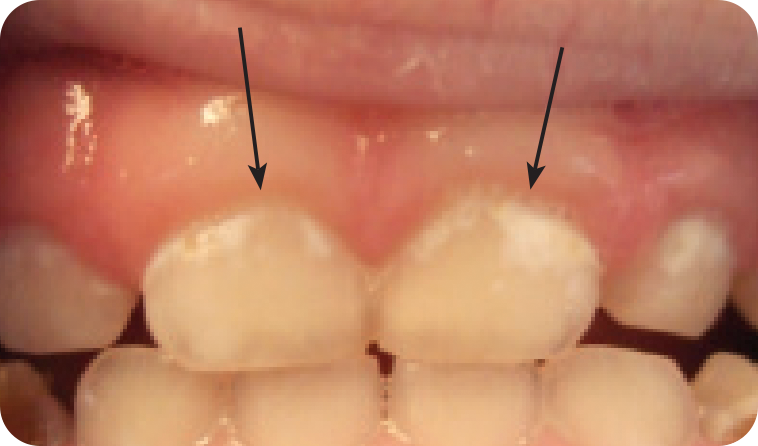
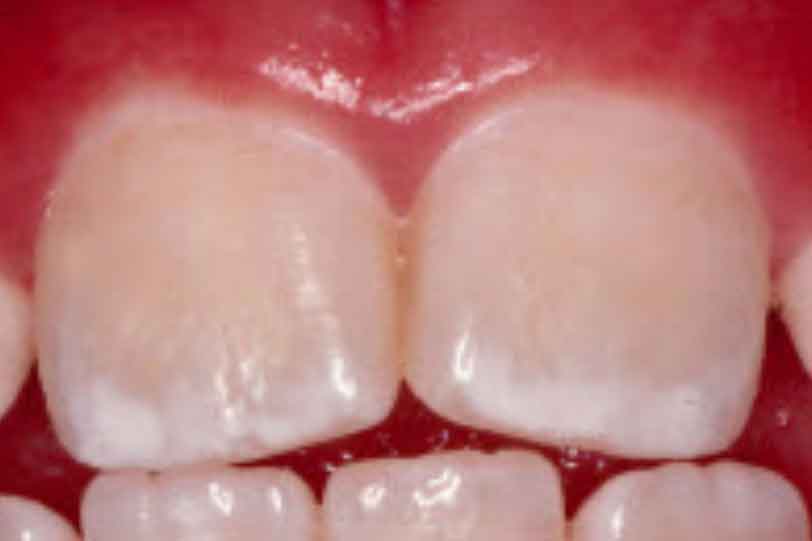

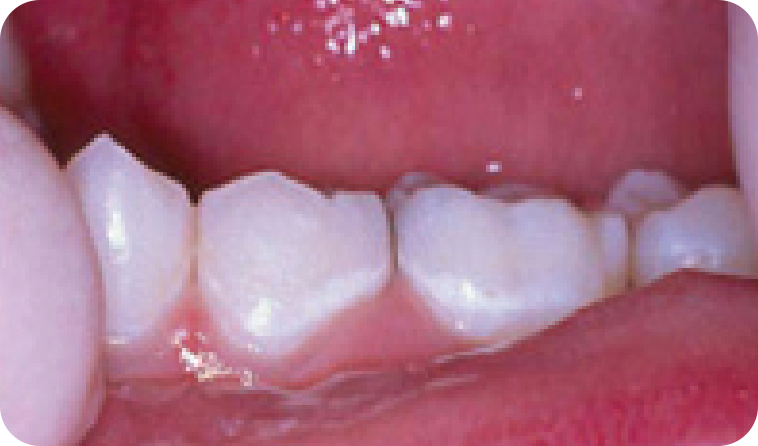
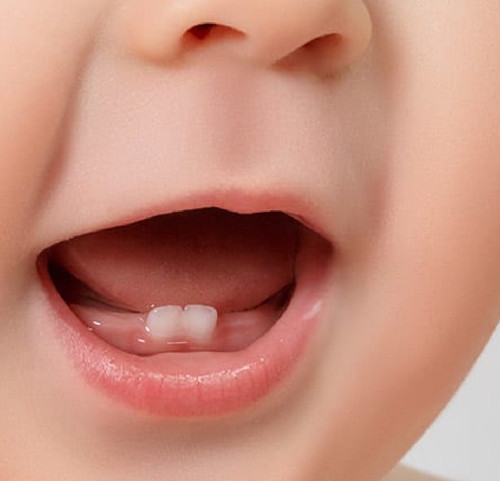


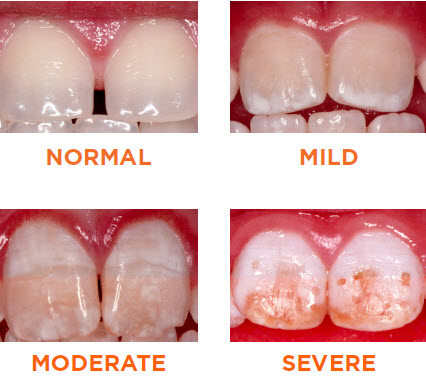

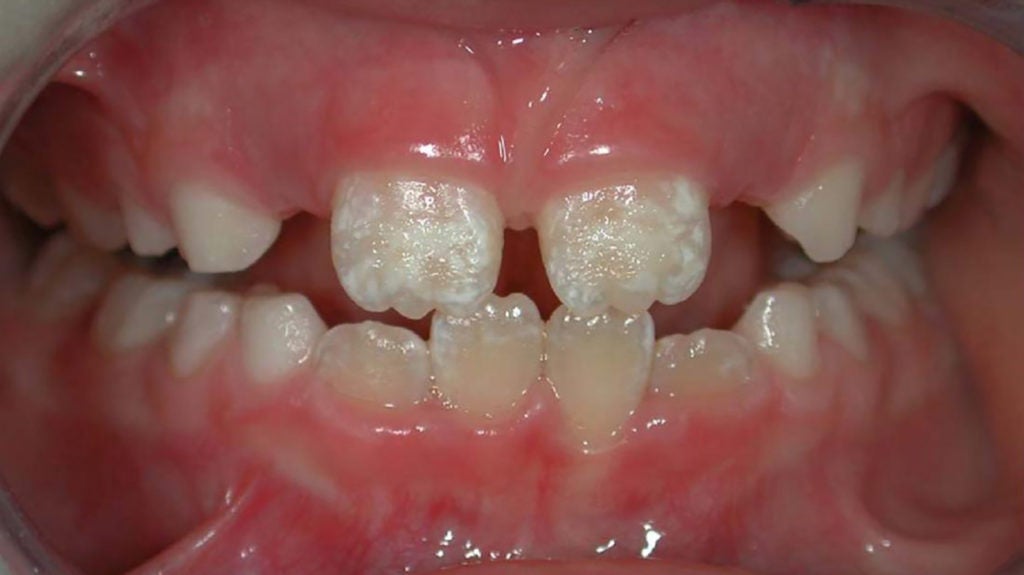




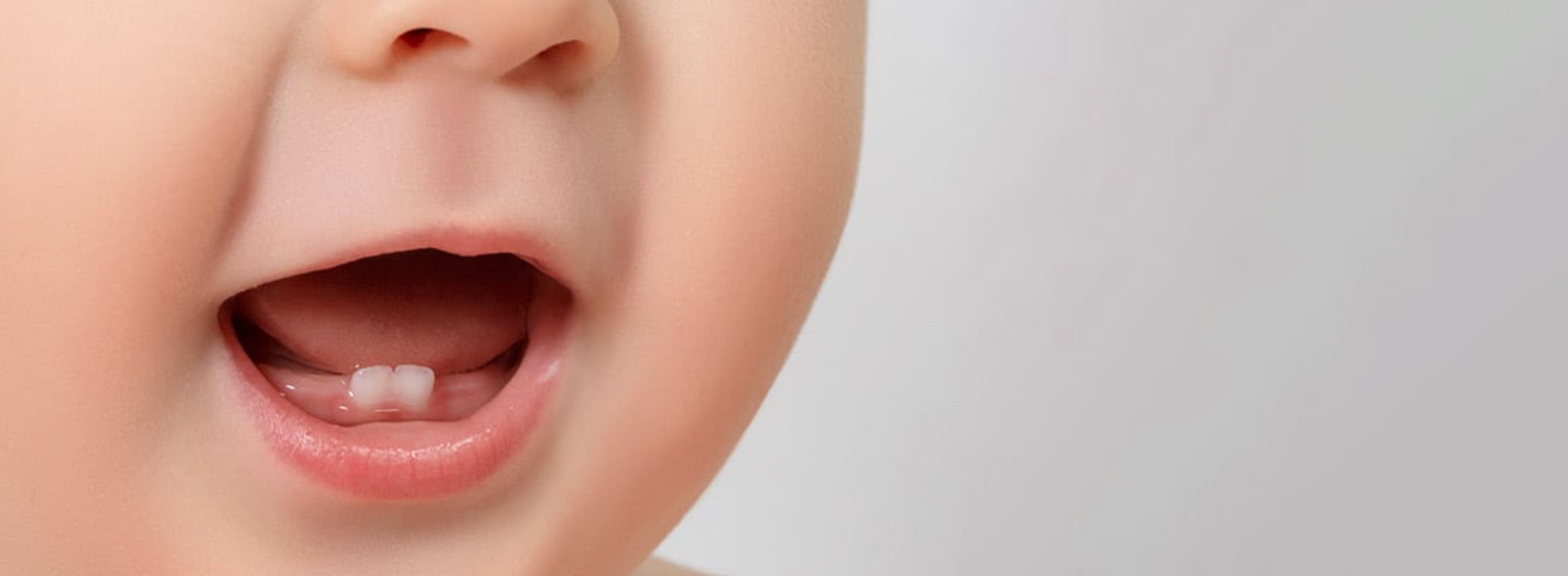

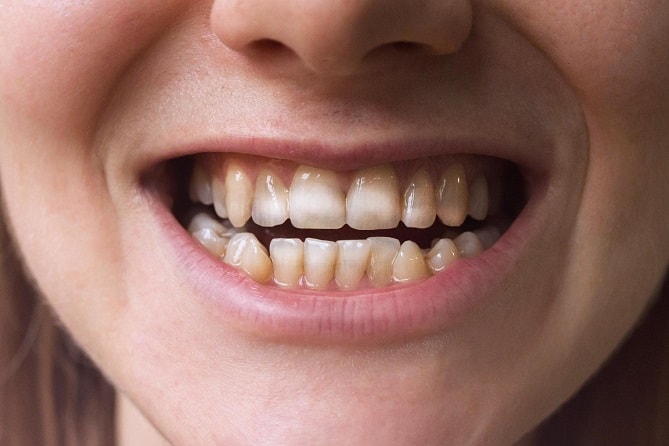


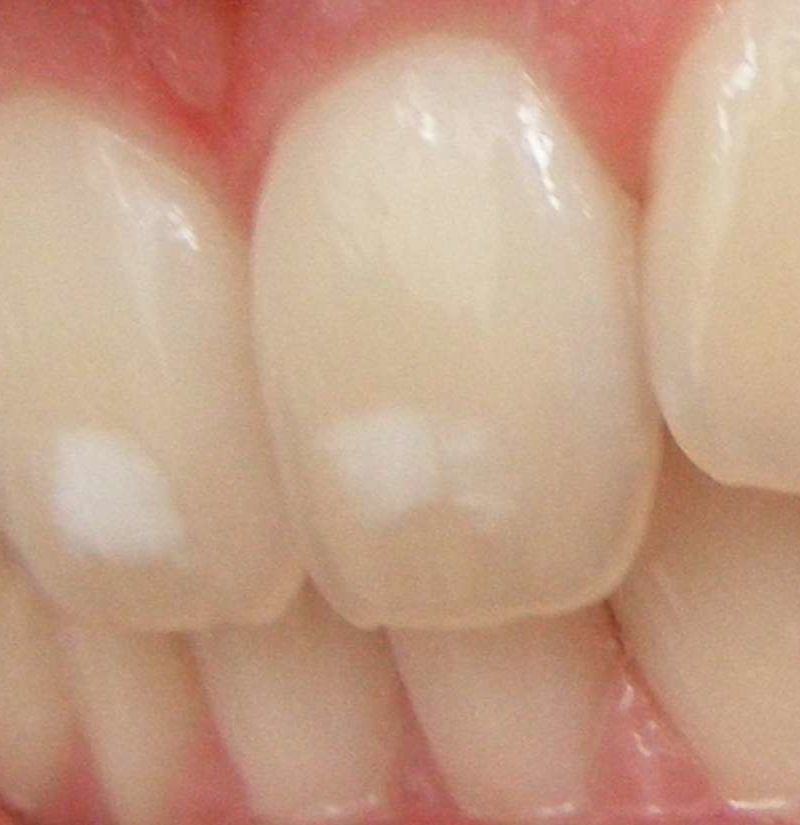
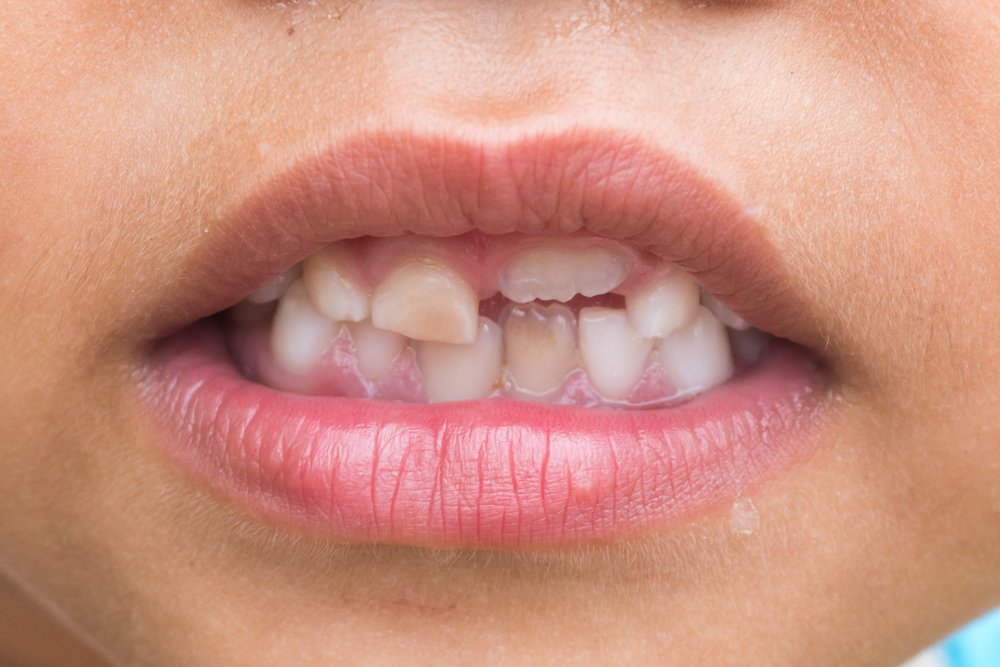



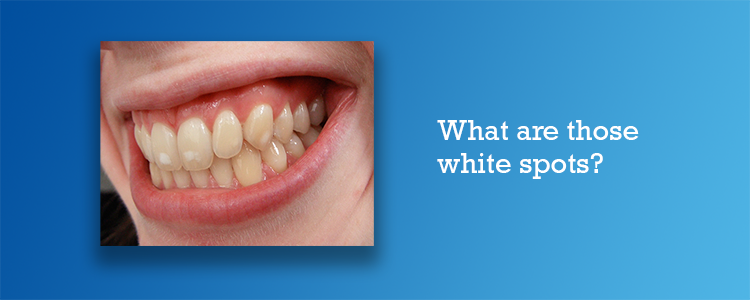

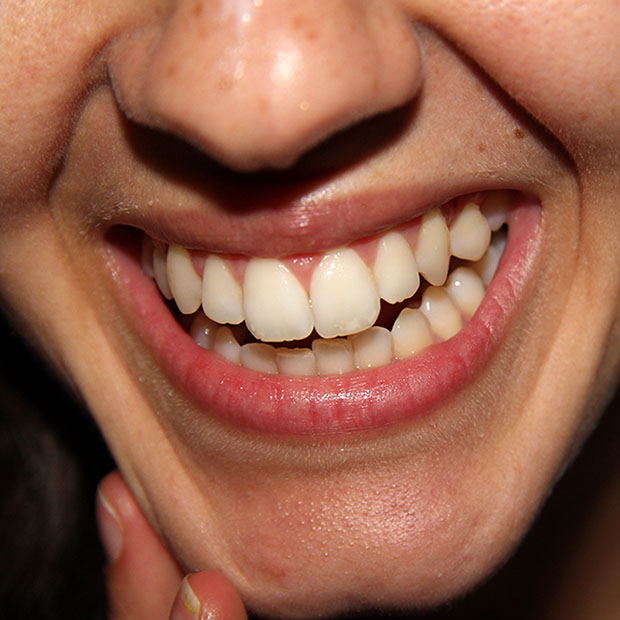







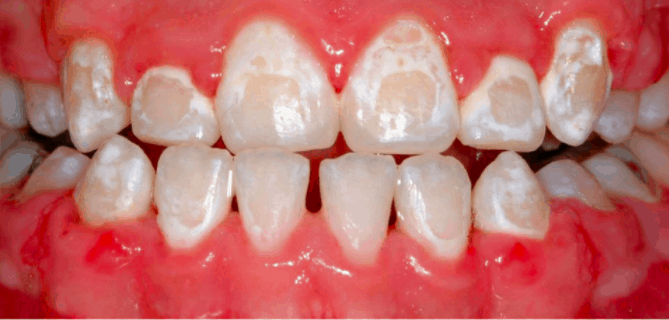


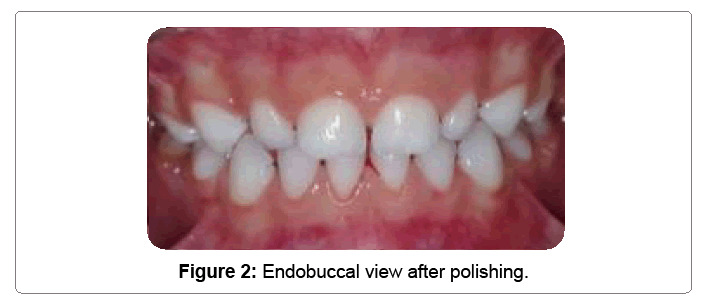
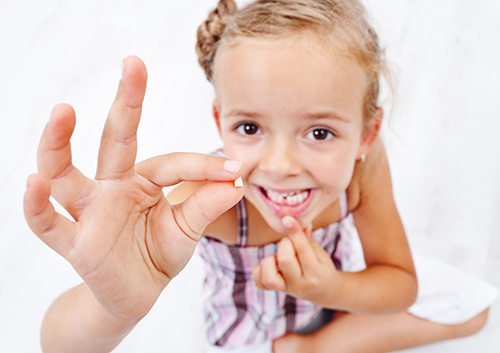


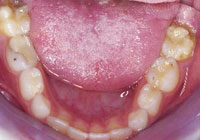
Post a Comment for "Calcium Deposits On Baby Teeth"